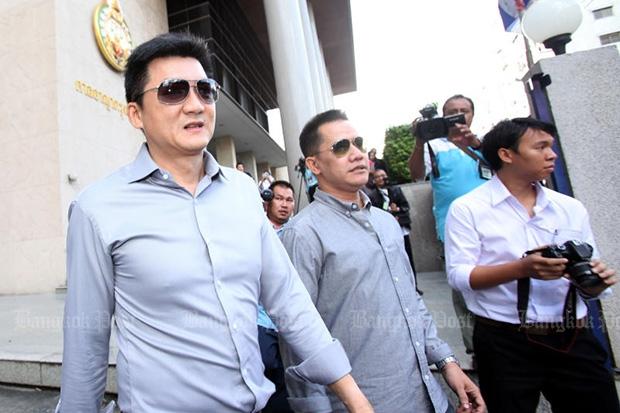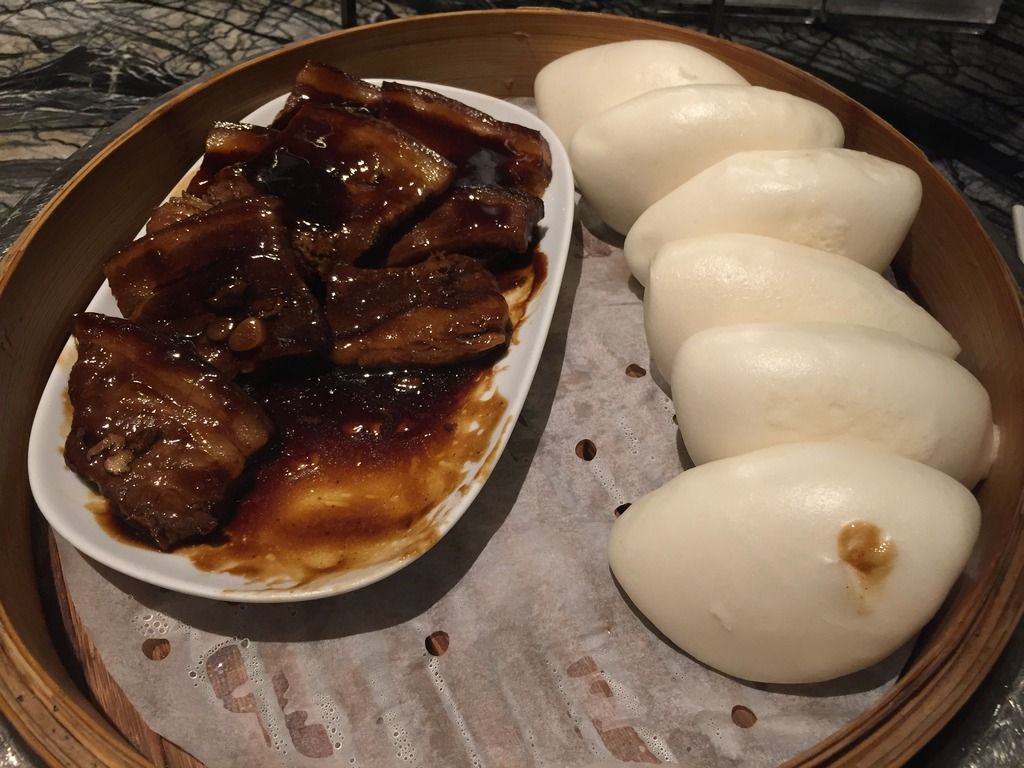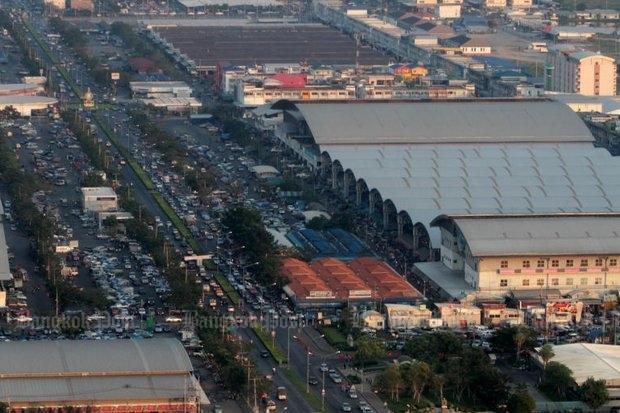- Joined
- Jul 15, 2008
- Messages
- 21,159
- Points
- 113
Propaganda? :p
EDUCATION
New history textbook seen as inflammatory, not neutral
The Nation November 2, 2015 1:00 am

Academic says it could aggravate the political divide
A NEW THAI history book has stirred up experts from various institutions who have found many flaws, some of which could aggravate the political divide.
"I believe a main objective of this book is to promote reconciliation. But I think this book may provide grounds for some people to attack the current government," Sunait Chutintaranond, a history lecturer at Chulalongkorn University, said last week.
The book, launched at the 43rd National Book Fair, says the Thai |Rak Thai Party implemented pop-ulist policies and Thaksin Shina-watra engaged in election fraud, he said.
"Then, the book goes on to say the Abhisit Vejjajiva-led government focused on transparency when implementing its policies, some of them being populist," he said.
Such information could trigger another round of conflict among people with different political ideas, Sunait said.
The 2014 coup, after all, took place at the height of the country's colour-coded and polarised politics, withThaksin apparently heading one side, he said.
"Why should you publish such a book at a time when it may widen the rift in society?" he said.
It took the Culture Ministry about two months to publish this book in response to an order from Prime MinisterPrayut Chan-o-cha, the general who led the 2014 coup.
"We have published 13,000 copies under the budget of a little over Bt1 million. We planned to give most of these copies to provincial cultural offices for free.
"But we have also prepared some for commercial distribution," said Boonteun Srivorapot, an adviser to the ministry's Literature and History Office.
This book was selling well at the book fair, he said.
"Buyers had to queue up for a chance to win one of the 20 copies signed by the prime minister," he said.
Pipad Krajaejun, a history professor at Thammasat, said the book appeared to lack a neutral political tone.
"Without neutrality, some parts of the contents can't be right," he said.
After reading the book, he posted on Facebook: "I feel like I wasted my time", plus a long list of its alleged flaws.
Not only did he question the part on what had happened in Thai politics, he also pointed out that the book continued to focus on bloody wars and neighbouring states in the old days.
Such a presentation would definitely influence readers' perception towards Thailand's neighbours and may not bode well for the Asean Economic Community, he wrote.
Pipad later told The Nation he expected the Culture Ministry to do better.
"If you're going to discuss a political conflict in the country's history, present facts from all sides, both the winners and the losers, so that readers can get well-rounded information and learn a lesson," he said.
Further discussions should be held to lay down proper guidelines on how to write practical history books.
For example, textbooks for primary students might have to be memory-based but the ones for secondary students might focus on facts and analytical thinking.
Thai history should be divided into three periods - Early Rattanakosin, Contemporary Rattanakosin (King Rama IV's reign and 1932) and Post-1932.
Thailand changed its administrative regime from an absolute monarchy to constitutional monarchy in 1932.
Thailand also needed a history book on its internal conflicts.
"Don't just mention Thai soldiers fighting against troops from other countries. Let's discuss internal conflicts too.
"Let's address the yellow-shirt protest, |the red-shirt protest and the protest by the People's Democratic Reform Committee," he said.
Sunait suggested the current government had no need to rush to reach a conclu-sion on still unfolding political developments, as people sometimes need time to clearly see or understand what has actually transpired.
"You can wait till things settle down first," he said.
Though speaking separately, the two historians agreed that there were better ways to write such a book.
Besides thorny issues over Thailand's own political conflicts, they also raised questions about long-gone political chapters.
"This book clearly excludes many groups of people. It has not mentioned many states that were thriving in the Ayutthaya and Sukhothai periods," Pipad said.
Anan Chuchote, director general of the Fine Arts Department, defended the preparation of this book, saying it was designed as an analytical version.
"We intended to relate the country's history in chronological order," he said.
EDUCATION
New history textbook seen as inflammatory, not neutral
The Nation November 2, 2015 1:00 am

Academic says it could aggravate the political divide
A NEW THAI history book has stirred up experts from various institutions who have found many flaws, some of which could aggravate the political divide.
"I believe a main objective of this book is to promote reconciliation. But I think this book may provide grounds for some people to attack the current government," Sunait Chutintaranond, a history lecturer at Chulalongkorn University, said last week.
The book, launched at the 43rd National Book Fair, says the Thai |Rak Thai Party implemented pop-ulist policies and Thaksin Shina-watra engaged in election fraud, he said.
"Then, the book goes on to say the Abhisit Vejjajiva-led government focused on transparency when implementing its policies, some of them being populist," he said.
Such information could trigger another round of conflict among people with different political ideas, Sunait said.
The 2014 coup, after all, took place at the height of the country's colour-coded and polarised politics, withThaksin apparently heading one side, he said.
"Why should you publish such a book at a time when it may widen the rift in society?" he said.
It took the Culture Ministry about two months to publish this book in response to an order from Prime MinisterPrayut Chan-o-cha, the general who led the 2014 coup.
"We have published 13,000 copies under the budget of a little over Bt1 million. We planned to give most of these copies to provincial cultural offices for free.
"But we have also prepared some for commercial distribution," said Boonteun Srivorapot, an adviser to the ministry's Literature and History Office.
This book was selling well at the book fair, he said.
"Buyers had to queue up for a chance to win one of the 20 copies signed by the prime minister," he said.
Pipad Krajaejun, a history professor at Thammasat, said the book appeared to lack a neutral political tone.
"Without neutrality, some parts of the contents can't be right," he said.
After reading the book, he posted on Facebook: "I feel like I wasted my time", plus a long list of its alleged flaws.
Not only did he question the part on what had happened in Thai politics, he also pointed out that the book continued to focus on bloody wars and neighbouring states in the old days.
Such a presentation would definitely influence readers' perception towards Thailand's neighbours and may not bode well for the Asean Economic Community, he wrote.
Pipad later told The Nation he expected the Culture Ministry to do better.
"If you're going to discuss a political conflict in the country's history, present facts from all sides, both the winners and the losers, so that readers can get well-rounded information and learn a lesson," he said.
Further discussions should be held to lay down proper guidelines on how to write practical history books.
For example, textbooks for primary students might have to be memory-based but the ones for secondary students might focus on facts and analytical thinking.
Thai history should be divided into three periods - Early Rattanakosin, Contemporary Rattanakosin (King Rama IV's reign and 1932) and Post-1932.
Thailand changed its administrative regime from an absolute monarchy to constitutional monarchy in 1932.
Thailand also needed a history book on its internal conflicts.
"Don't just mention Thai soldiers fighting against troops from other countries. Let's discuss internal conflicts too.
"Let's address the yellow-shirt protest, |the red-shirt protest and the protest by the People's Democratic Reform Committee," he said.
Sunait suggested the current government had no need to rush to reach a conclu-sion on still unfolding political developments, as people sometimes need time to clearly see or understand what has actually transpired.
"You can wait till things settle down first," he said.
Though speaking separately, the two historians agreed that there were better ways to write such a book.
Besides thorny issues over Thailand's own political conflicts, they also raised questions about long-gone political chapters.
"This book clearly excludes many groups of people. It has not mentioned many states that were thriving in the Ayutthaya and Sukhothai periods," Pipad said.
Anan Chuchote, director general of the Fine Arts Department, defended the preparation of this book, saying it was designed as an analytical version.
"We intended to relate the country's history in chronological order," he said.

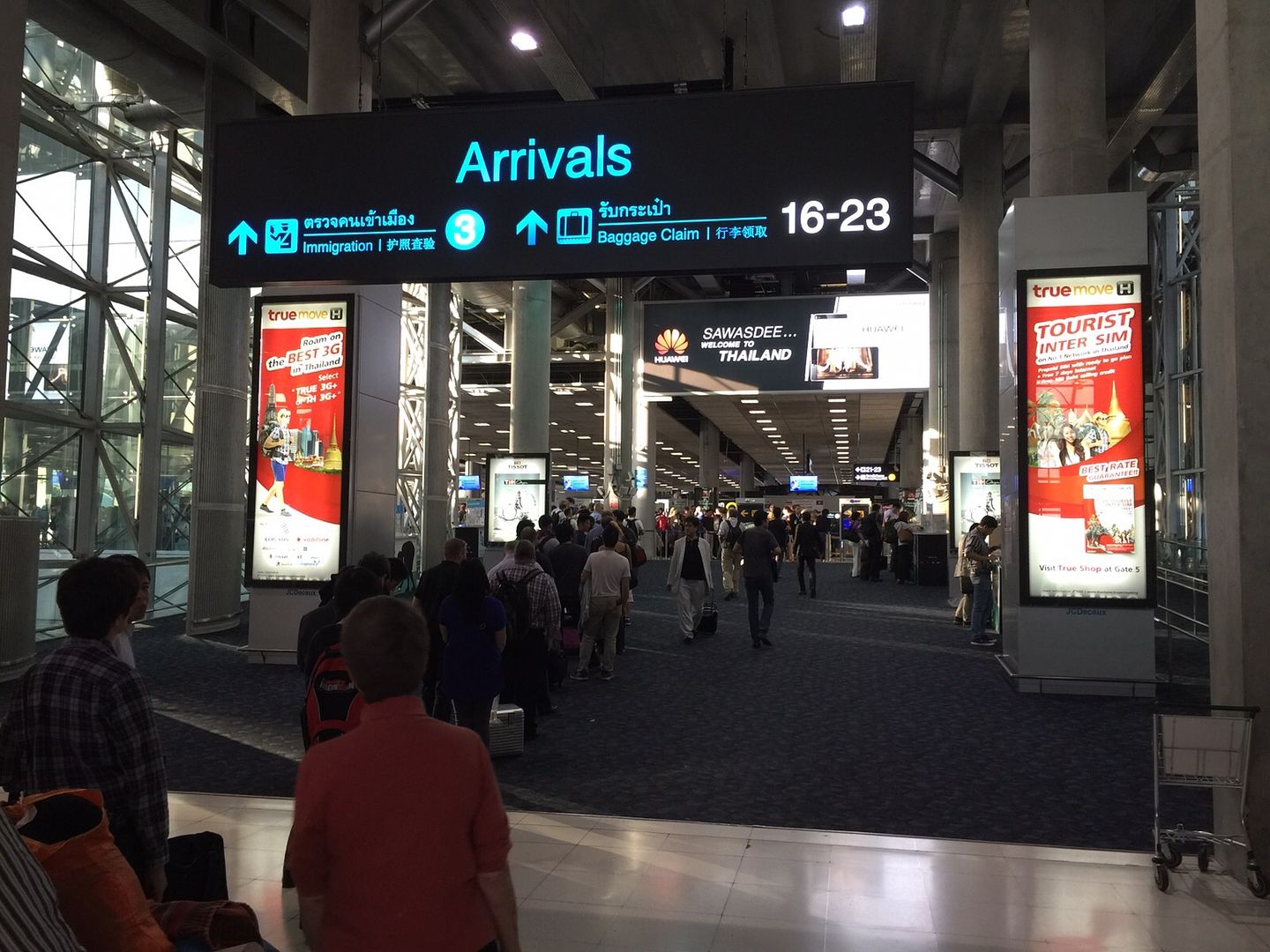
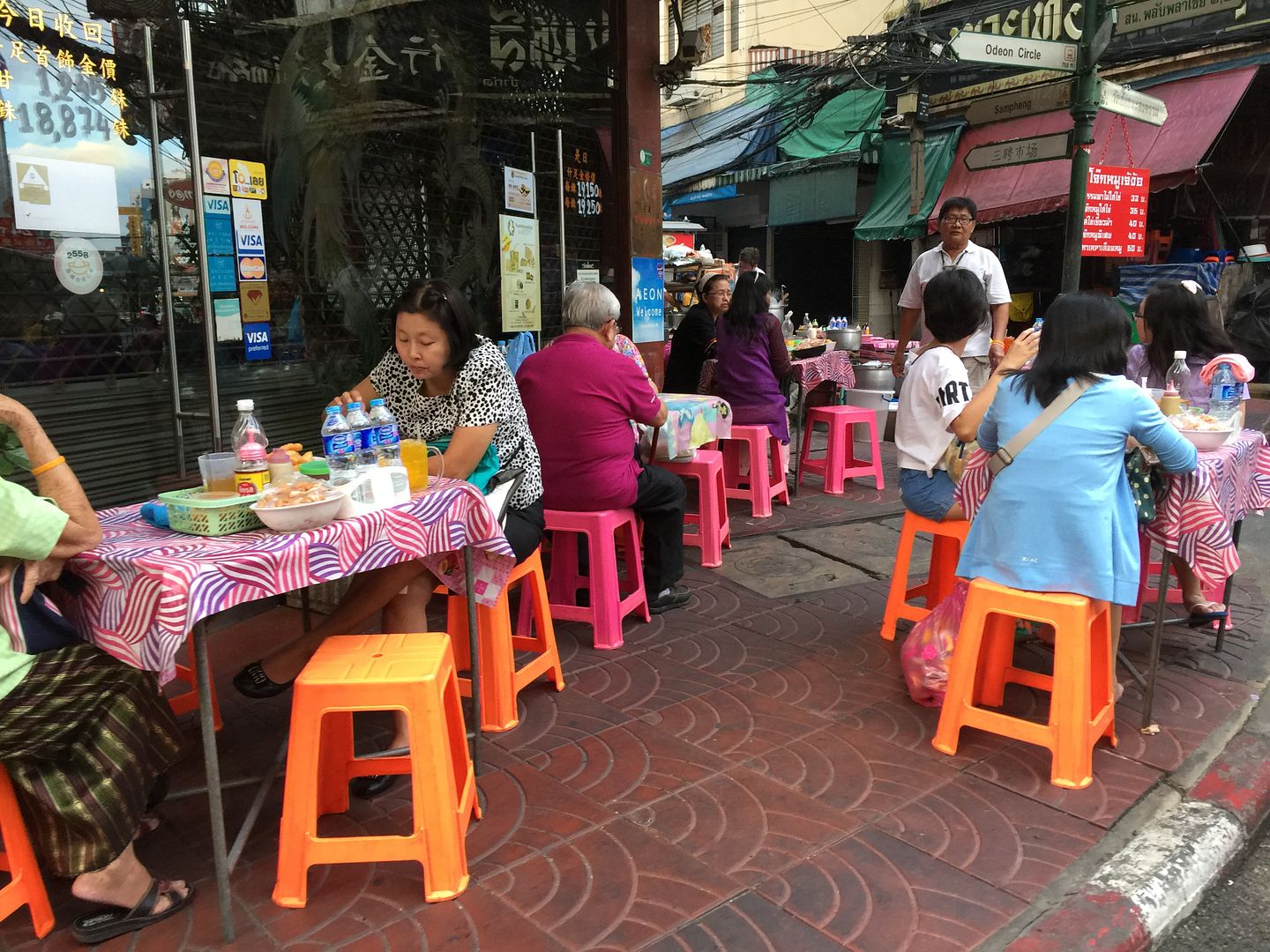
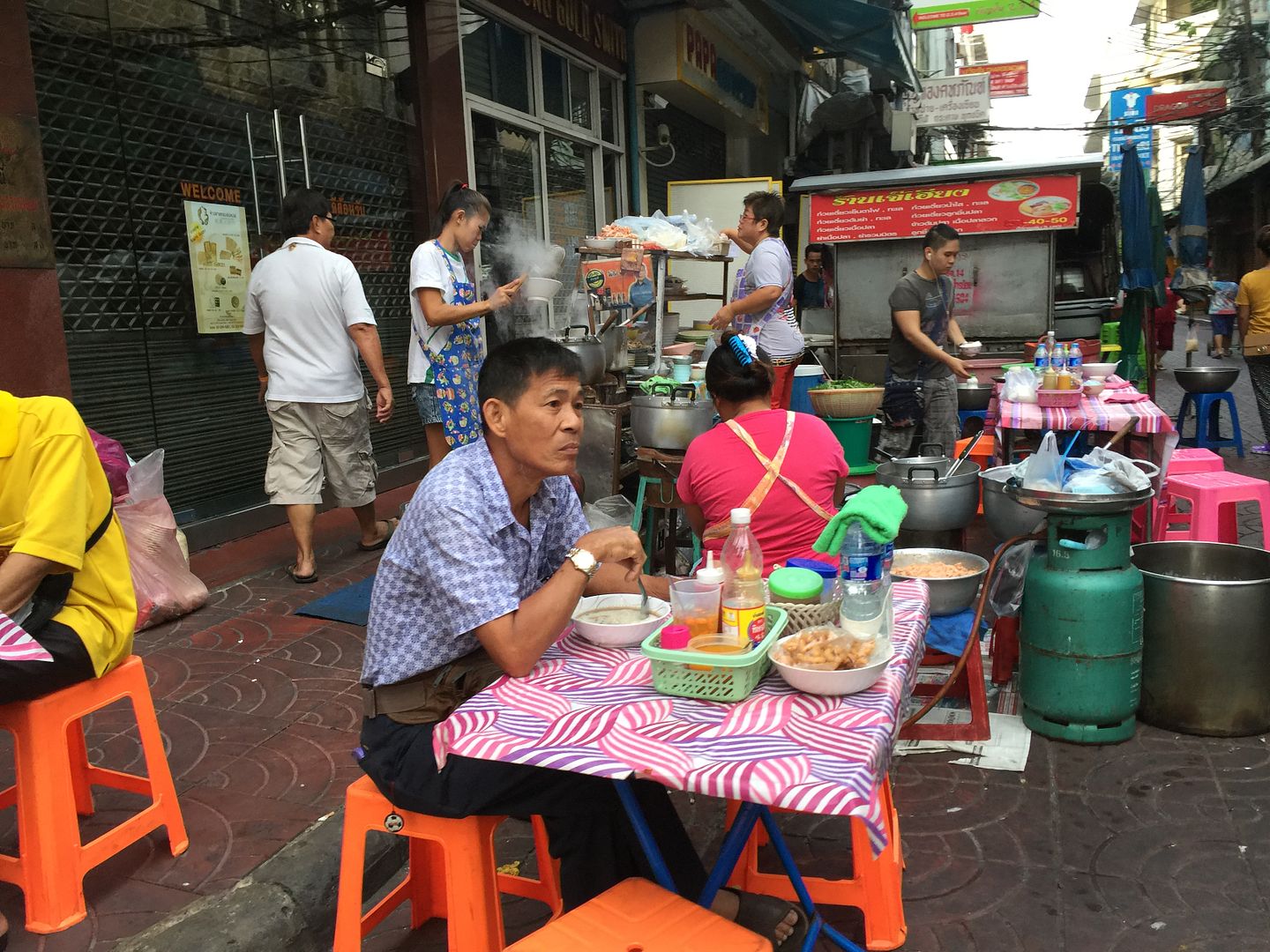
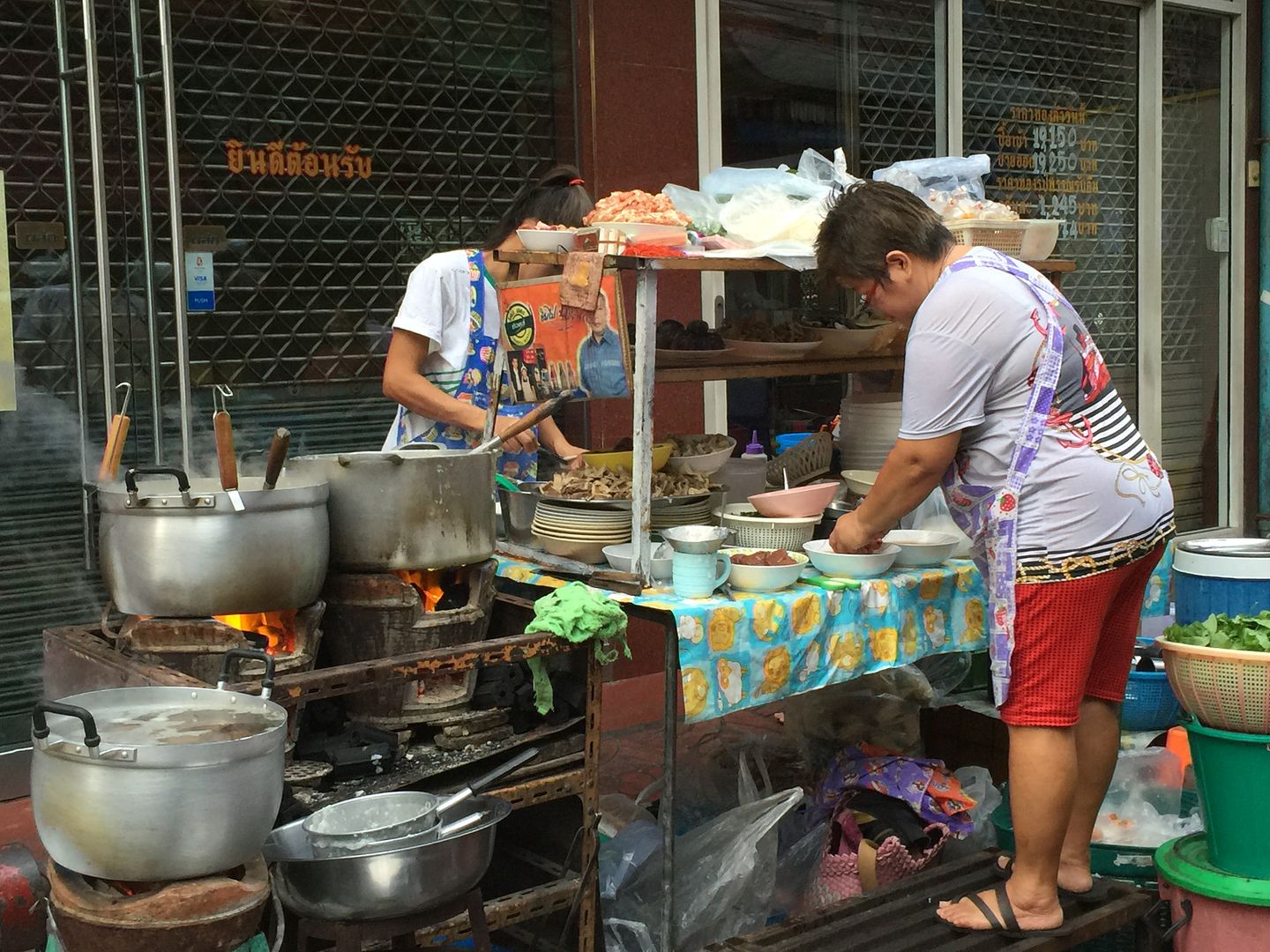
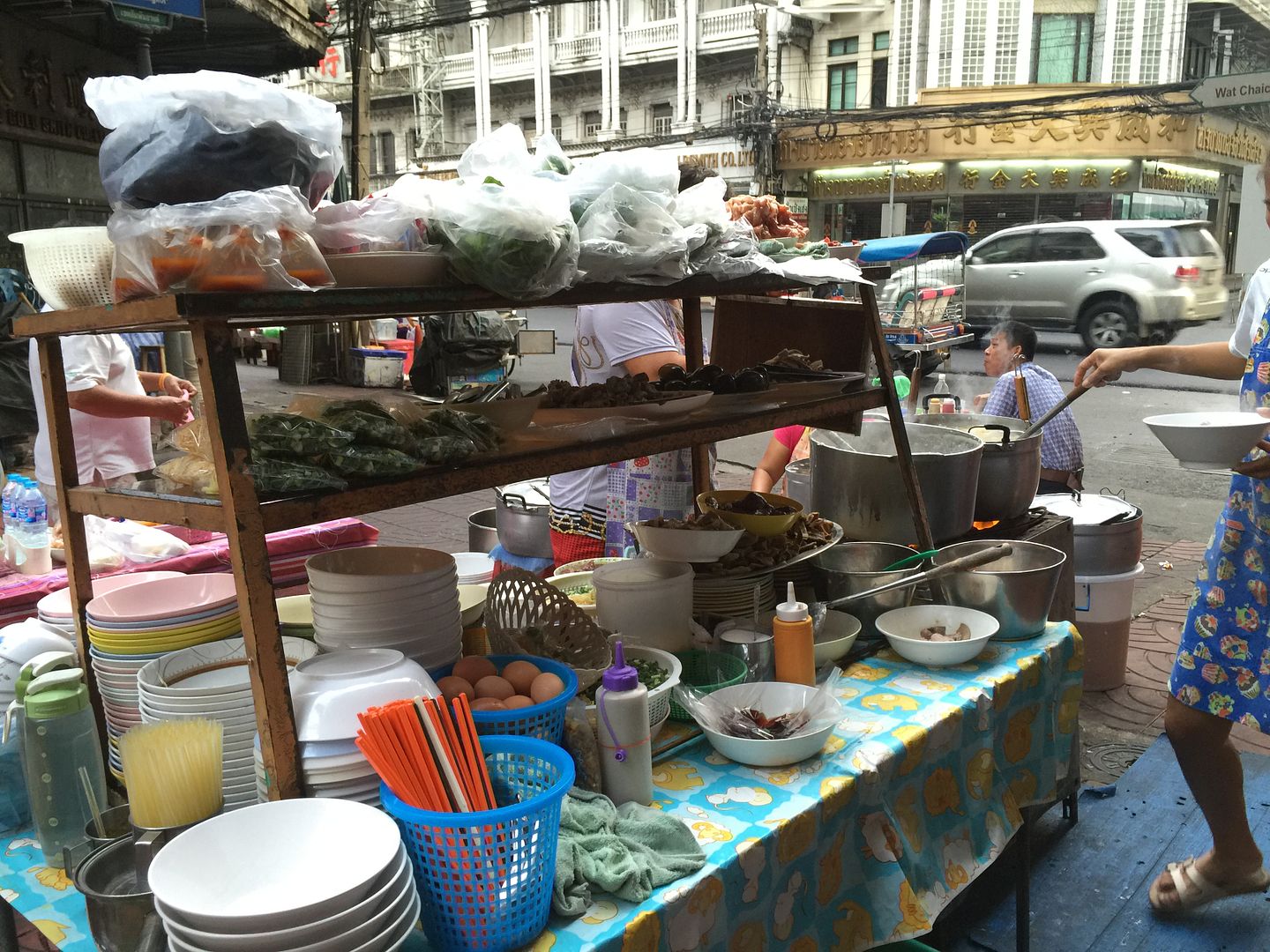
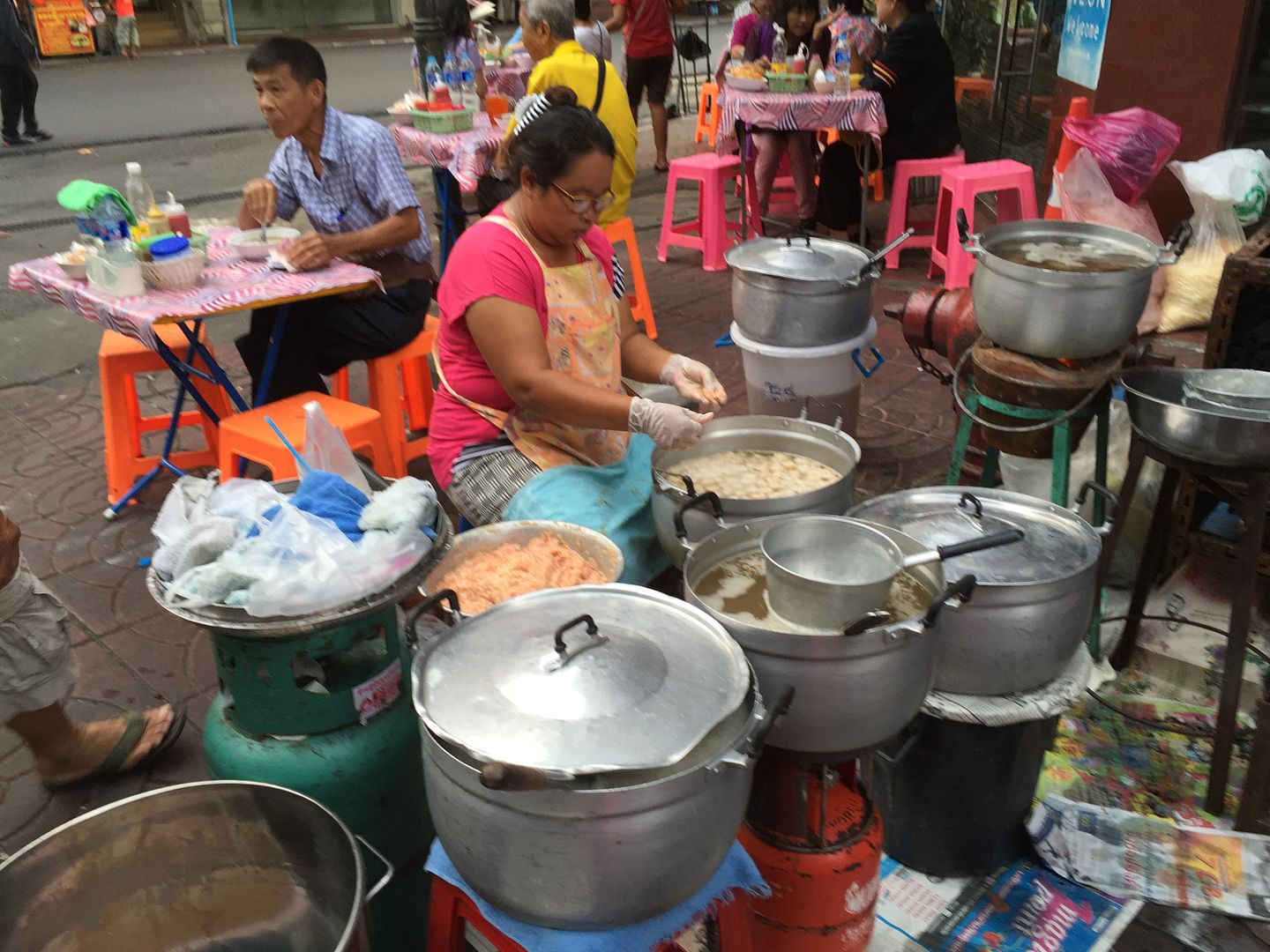
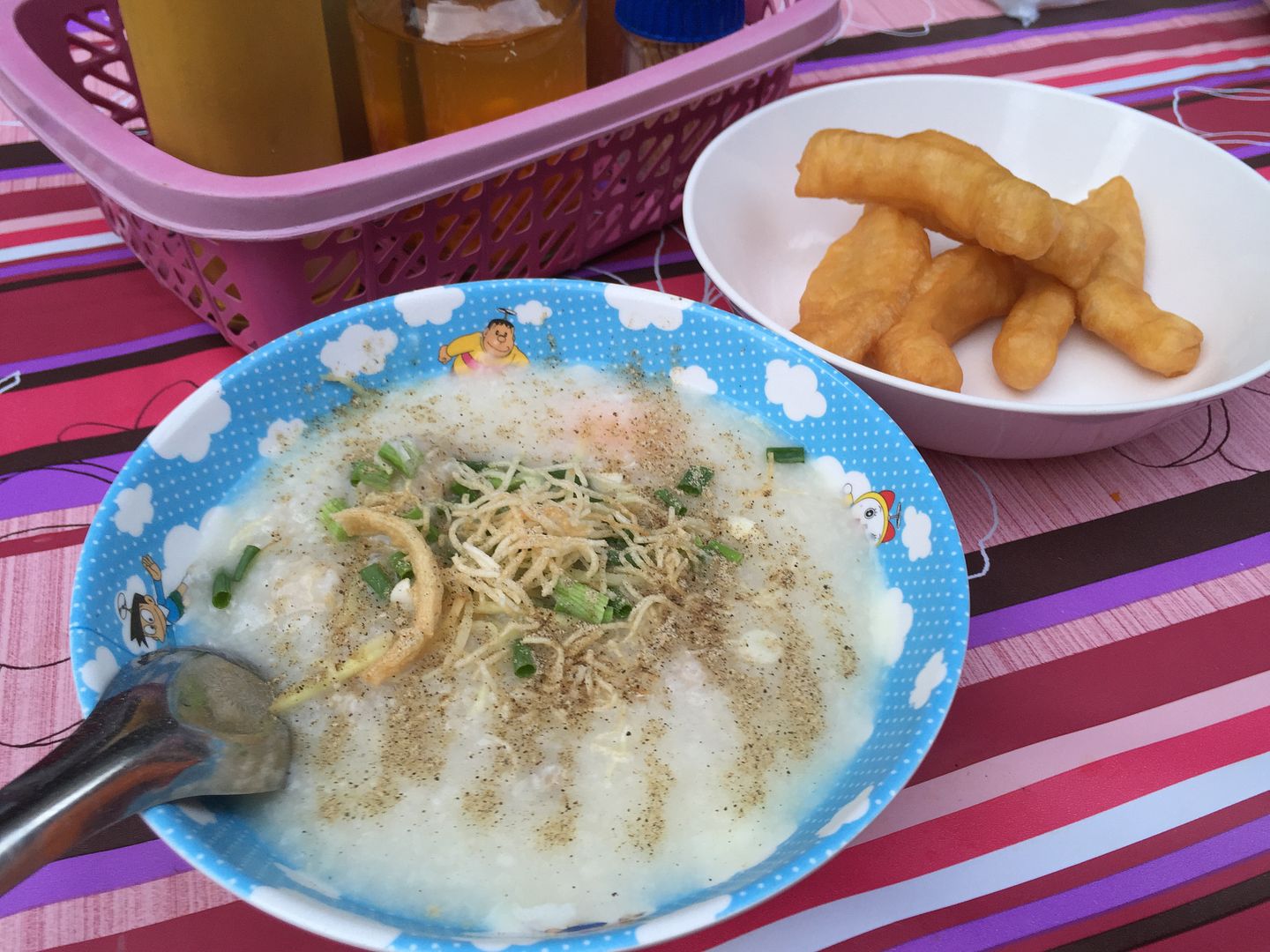
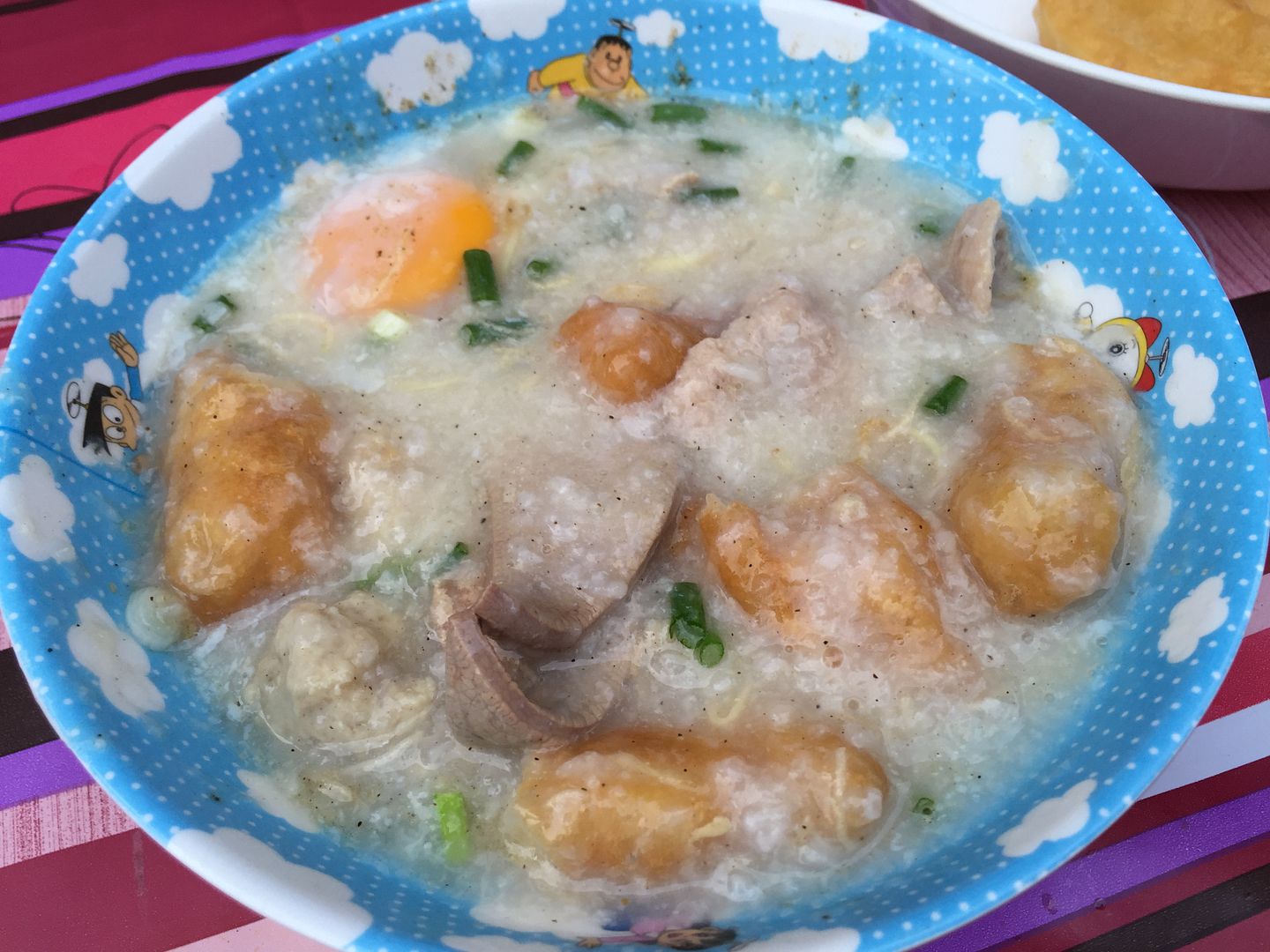
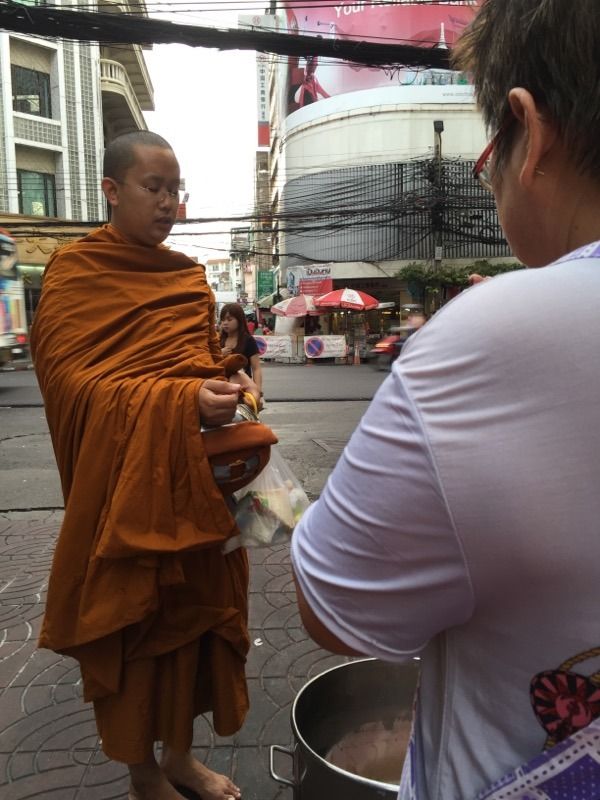








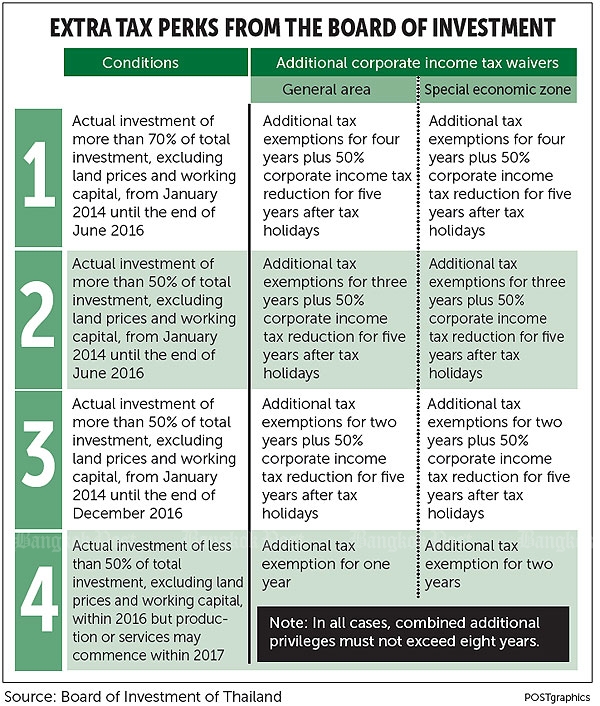

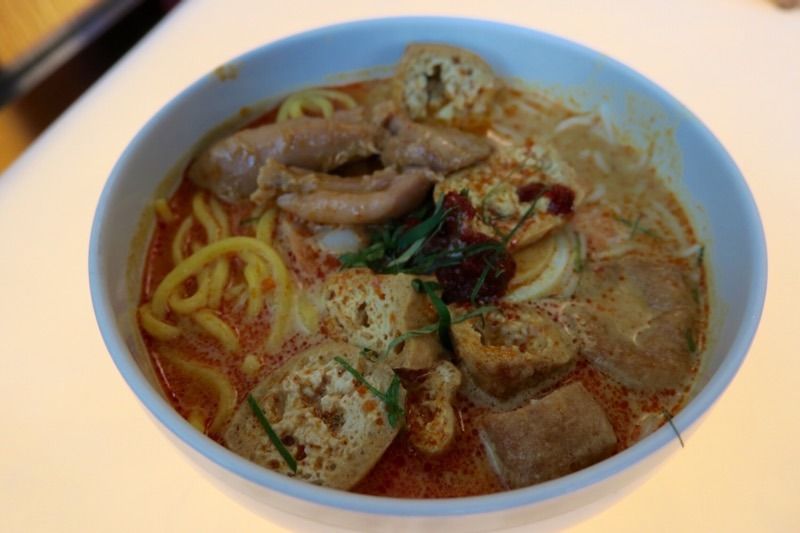
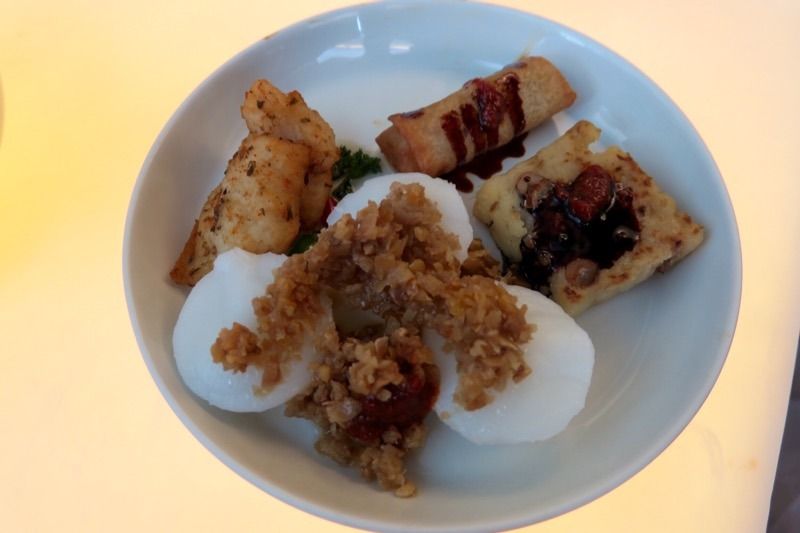
 Give my right arm for this Samui stay (with right company) :p
Give my right arm for this Samui stay (with right company) :p



